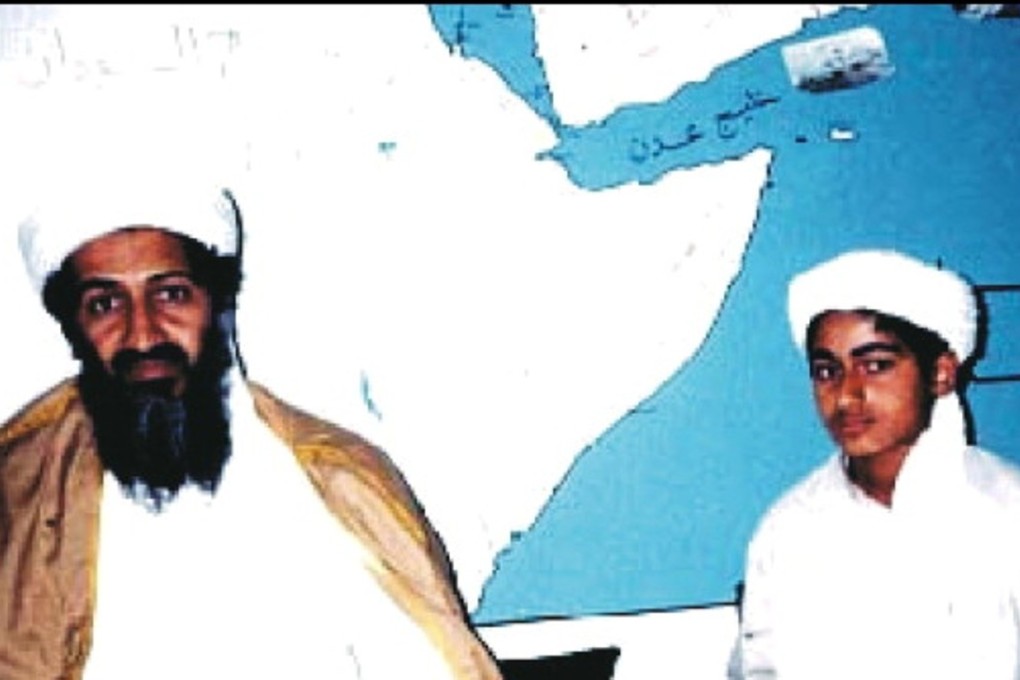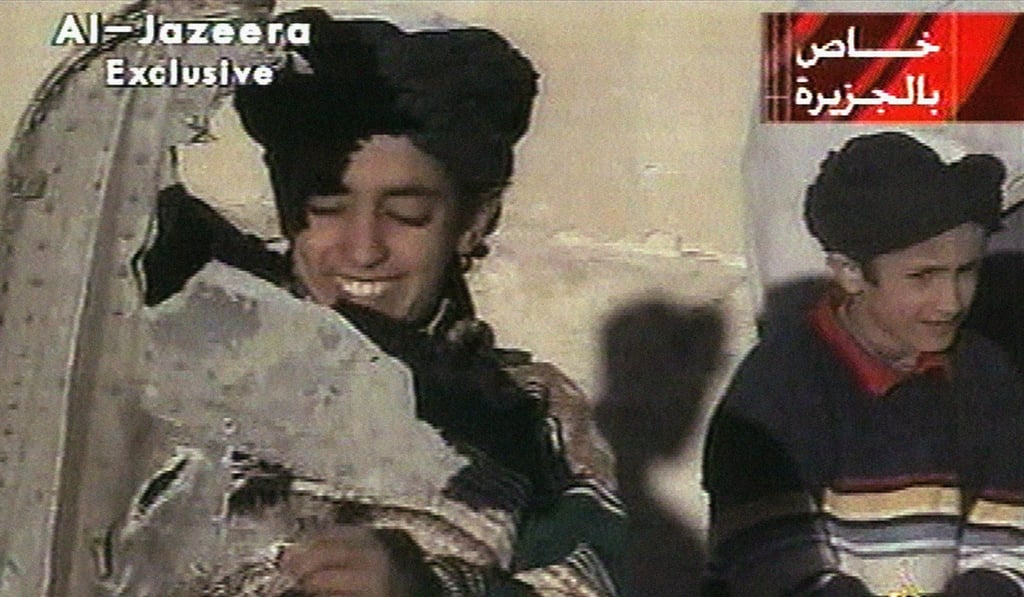Analysis | In the age of Islamic State, al-Qaeda tries comeback with bin Laden’s favourite son as mouthpiece
Decimated by US military strikes and overshadowed for years by its terrorist rival, the Islamic State, al-Qaeda appears to be signalling the start of a violent new chapter in the group’s history

The voice is that of a soft-spoken 28-year-old, but the message is vintage Osama bin Laden, giving orders to kill. When the audio recording began turning up on jihadist websites two weeks ago, it was as if the dead terrorist was channelling himself through his favourite son.
“Follow in the footsteps of martyrdom-seekers before you.”

The recording provides fresh evidence of ominous changes underway within the embattled organisation that declared war against the West nearly two decades ago, according to US, European and Middle Eastern intelligence officials and terrorism experts. Decimated by US military strikes and overshadowed for years by its terrorist rival, the Islamic State, al-Qaeda appears to be signalling the start of a violent new chapter in the group’s history, led by a new bin Laden - one who has vowed to seek revenge for his father’s death.